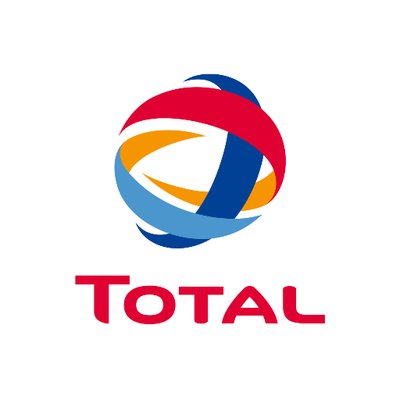Top IOCs are reaffirming their dedication to African oil and gas, which is encouraging for drilling contractors, service providers, and the sector as a whole. High-ranking officials from TotalEnergies, Shell, and Chevron confirmed multimillion-dollar investment initiatives in the works, ranging from advancing frontier exploration to supplying gas from developed markets, during speeches earlier this month in Nigeria.
Investors could take advantage of a renewed commitment to exploiting Africa’s oil and gas resources as the Invest in African Energy (IAE) summit in Paris this May draws near.
TotalEnergies, one of Africa’s oldest producers, is still giving integrated energy projects that cover the whole value chain top priority. Better connection and distribution to local and regional markets are particular priorities.
While TotalEnergies has historically been most active in the Gulf of Guinea – namely, Nigeria, Angola and the Republic of Congo – the company is expanding its focus to emerging frontiers like Mozambique, South Africa and Namibia.
Last December, TotalEnergies announced plans to restart its $20-billion Mozambique LNG project in Q1 2024, as well as take an FID on a new LNG import terminal at the Port of Matola, which could enable first LNG exports to South Africa upon its completion.
In Namibia – where TotalEnergies invested half of its 2023 exploration budget – the company is currently appraising its Venus-1 discovery and made another small hydrocarbon discovery at its Mangetti-1X well earlier this month.
“There is volatility in the oil and gas business, this has never stopped TotalEnergies deploying, and developing resources and technology to enhance optimal utilization of the resources for the benefit of the countries, the people, and the company itself,” said Mathieu Bouyer, Managing Director and Chief Executive of TotalEnergies Upstream Companies in Nigeria.
British multinational Shell is also focusing on frontier markets like Namibia – following four consecutive discoveries in the offshore Orange Basin – and plans to drill two more wells, with appraisal work currently underway.
In more mature markets like Nigeria, the company is targeting its gas and deepwater assets, as well as exploring new technologies to reduce operational costs and enhance its competitiveness. Specifically, Shell Nigeria is deploying the Bonga Main Life Extension Project to extend the life of its Bonga FPSO, as well as mature several projects to deliver gas from offshore fields.
“It has continued to be challenging doing business, but we will continue to look for innovative ways that could help to reduce cost, and also drive efficiency in our business, so it is highly competitive and we stay very relevant in the oil and gas business today to help us survive and still stand tall in spite all the challenges,” said Elohor Aiboni, Managing Director of Shell Nigeria Exploration and Production Company.
Finally, American multinational Chevron is not shying away from the continent’s vast human resource and mineral resource potential.
The company is seeking to forge mutually beneficial partnerships with African stakeholders to facilitate knowledge and technology exchange, develop resources more expeditiously and empower local service providers. Chevron represents one of the largest investors on the continent through its portfolio of large-scale projects, from launching a $1.4-billion infill drilling program in Nigeria, to delivering first LNG cargo in Equatorial Guinea, to starting production at its Lifua-A project in Angola.
The company is also a key shareholder in the West African Gas Pipeline, which delivers Nigerian gas to Benin, Togo and Ghana and plays a critical role in driving energy security in the region.
“We believe that energy is a fundamental building block of the economies and this is important to the economic life of a country,” said Michelle Pflueger, Director at Chevron Nigeria Limited. “As we continue to develop our partnership within Africa, we can support the people and the governments to improve their GDPs.”

